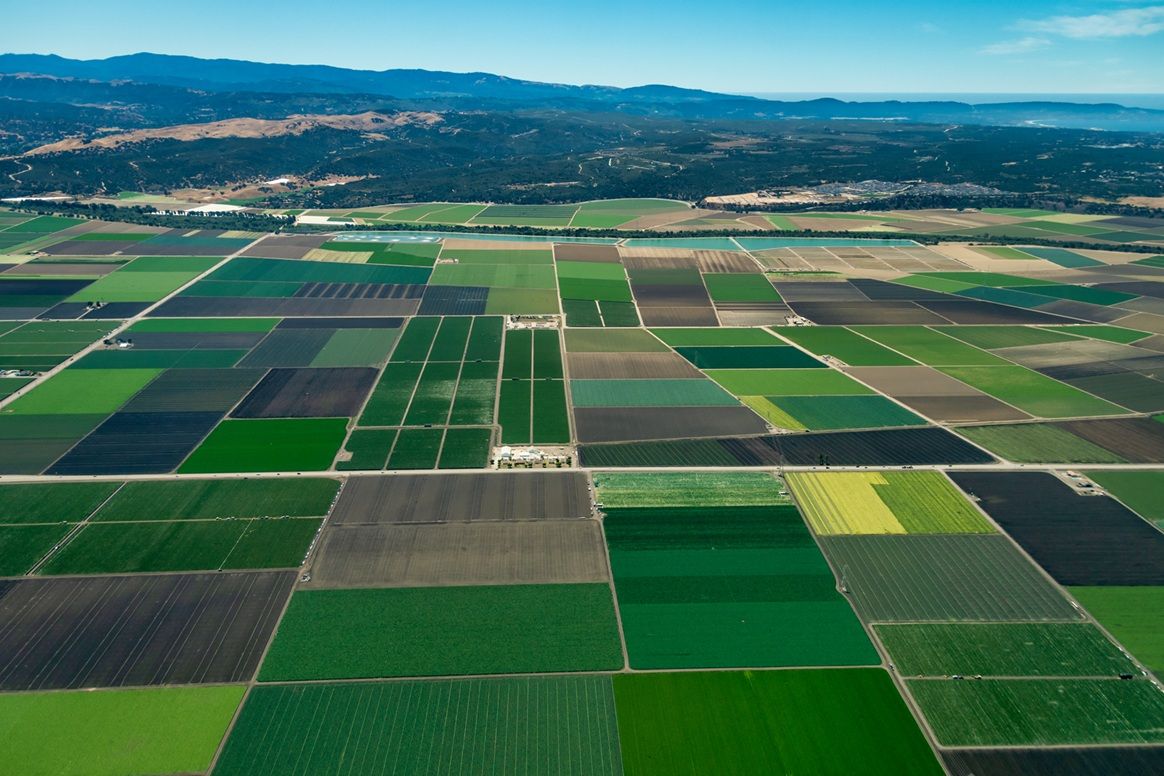
How to Choose the Right Agricultural Property
Investing in farm or ranch property is one of the most important decisions a producer can make. The land you choose will directly affect your operation’s profitability, sustainability, and long-term success. Whether you raise livestock, grow crops, or manage a mixed-use operation, finding the right property requires more than just scanning listings — it requires strategy, planning, and due diligence.
Here are some core considerations to guide your search for agricultural property:
1. Define Your Operation’s Goals
Before you set foot on a property, clarify your objectives. Are you:
- Expanding a cattle herd and needing grazing land?
- Looking for high-quality irrigated cropland?
- Seeking a diversified ranch that supports both livestock and hay production?
- Considering land for specialty crops, orchards, or alternative enterprises?
Write down your priorities and involve family members, partners, or business stakeholders in the discussion. Having a clear vision helps you evaluate properties against real needs instead of emotional first impressions.
2. Evaluate the Land’s Productivity
Soil and water are the foundation of any agricultural operation. In the central and western regions, productivity can vary greatly depending on rainfall, irrigation rights, and soil quality. Take time to:
- Review previous land use – Was it grazed, cropped, or left fallow? Past use offers clues about fertility and management.
- Test soil health – pH, nutrient levels, and organic matter should be considered for both crops and forage.
- Check topography and drainage – Rolling land may be ideal for grazing, while flatter, well-drained areas suit cropping.
- Confirm water availability – Secure access to wells, surface water, or irrigation rights is often the deciding factor in land value.
3. Consider Infrastructure and Access
A property’s infrastructure can save—or cost—you significantly over time. Look for:
- Fencing, corrals, and livestock handling facilities (or the cost to build them).
- Barns, shops, and storage for equipment and feed.
- Roads and year-round access, especially in remote or snow-prone areas.
- Power, internet connectivity, and utilities, which can be limited in rural regions.
4. Think About Location and Markets
Even if the land is productive, your operation still depends on markets. Consider:
- Proximity to sale barns, grain elevators, or processors.
- Access to transportation routes for hauling commodities or livestock.
- Community support and services – veterinary care, feed suppliers, equipment dealers, and labor availability all matter.
5. Understand Legal and Regulatory Issues
Agricultural properties often come with complex rules and rights. Always check:
- Water rights and restrictions – especially critical in western states.
- Zoning and land-use regulations – ensure the property is permitted for your intended use.
- Conservation easements or government program enrollments – which may limit or enhance management options.
- Leases or grazing permits tied to the land.
6. Assess Long-Term Potential
Think beyond your immediate needs. Land is a long-term investment that should grow with your operation. Ask yourself:
- Can the property expand with additional acreage or infrastructure?
- Will the land hold its value for the next generation?
- Does the location align with long-term water and climate realities in your region?
Final Thoughts
The search for the right farm or ranch property isn’t about finding the cheapest land or the quickest deal. It’s about securing a foundation for your family, business, and future. By combining clear goals with careful evaluation of soil, water, infrastructure, location, and regulations, you can make a confident decision that positions your operation for success.
Whether you’re purchasing your first property or adding to an established operation, approach the process as an investment in both your livelihood and your legacy.
AGPROfessionals has professional real estate agents and brokers licensed in several western states, and a broad portfolio of properties for sale at any given time. We also have agricultural consultants who are experienced with performing property and site evaluations, feasibility studies, and other due diligence services to help you make the right decision for your operation.
Let us know how we can help!
